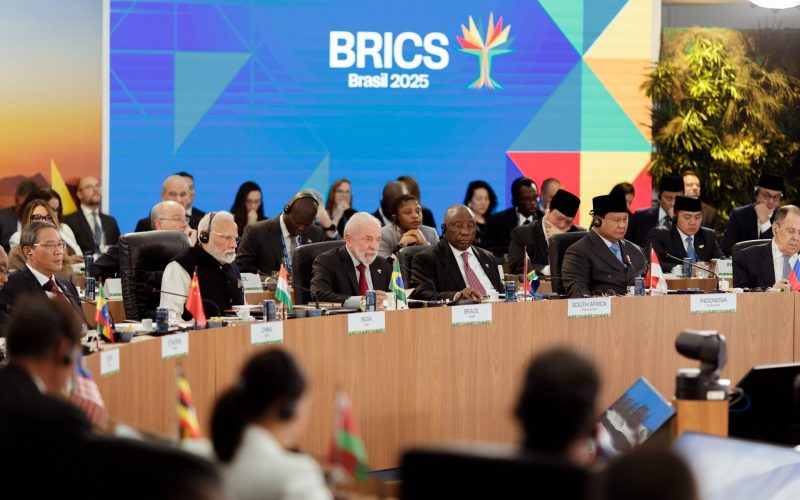Egypt’s attractive investment incentives, sound macroeconomic reforms, wide industrial base, relative political stability in a volatile region, large domestic market of 77.5 million inhabitants, strategic location in the crossroads between southern Europe, the Middle East and north Africa, as well as its competitively priced workforce, were cited as the main reasons why South African investors had chosen it.
Trade between the two countries is slowly expanding, and the growth of SA’s business interests coincides with efforts by the Egyptian government to strengthen its trade relationship with the rest of Africa. Egypt lost a large market for its low-cost, average- quality products with the collapse of the communist bloc in the early 1990s. It has strong competition in this market from European and US products. The rest of Africa offers an alternative market.
Egypt is also looking towards the rest of Africa as a potential source of investment. The government has taken steps to increase the attractiveness of the country to foreign investors. Laws that clarify and strengthen provisions relating to investment have been passed.
These reforms have led to the steady emergence of a competitive, liberal and privately led economy. South African company managers credit the reforms with reducing bureaucratic barriers, improving infrastructure, revamping conditions for market entry, operations and streamlining procedures for imports and exports.
The Egyptian government and private business are keen to see an increase of South African foreign direct investment. There are five established South African companies in Egypt, with a further 20 subsidiaries and agents of South African companies.
A sectoral breakdown of South African foreign direct investment shows that the construction sector has attracted the most investment. Aside from construction and retail, South African entrepreneurs have investments in manufacturing, franchising, agriculture, shipping, chemicals and engineering.
However, South African and other international investors still face business constraints and challenges. These problems arise from differences in cultural practices, in language and business practices. South African companies list a business culture that does not recognise contractual obligations, corruption, an unfavourable work ethic, a lack of a health & safety culture, a slow legal system and a lack of disposable income as some of these constraints.
However, despite these constraints and fierce competition from Egypt’s traditional partners, South African companies have been successful in showcasing their competitive edge in producing high-quality manufacturing, chemical and agricultural products for growing affluent segment of the population. The Egyptian government is eager to expand trade and investment with SA. A free trade agreement is under negotiation and would support bilateral trade and investment.
Closer co-operation between the largest economies in northern and southern Africa offers one of the most practical means for increased economic development and ultimately poverty reduction for the continent.








